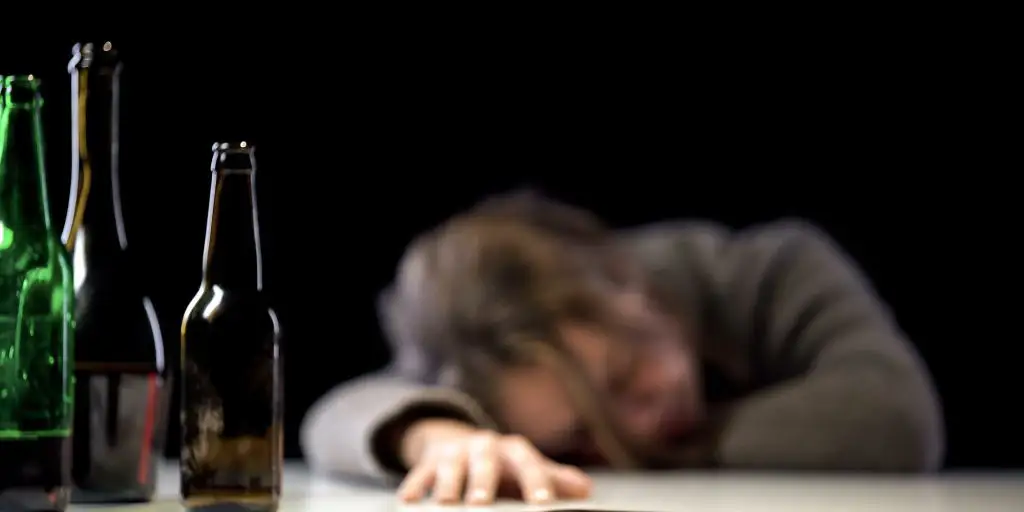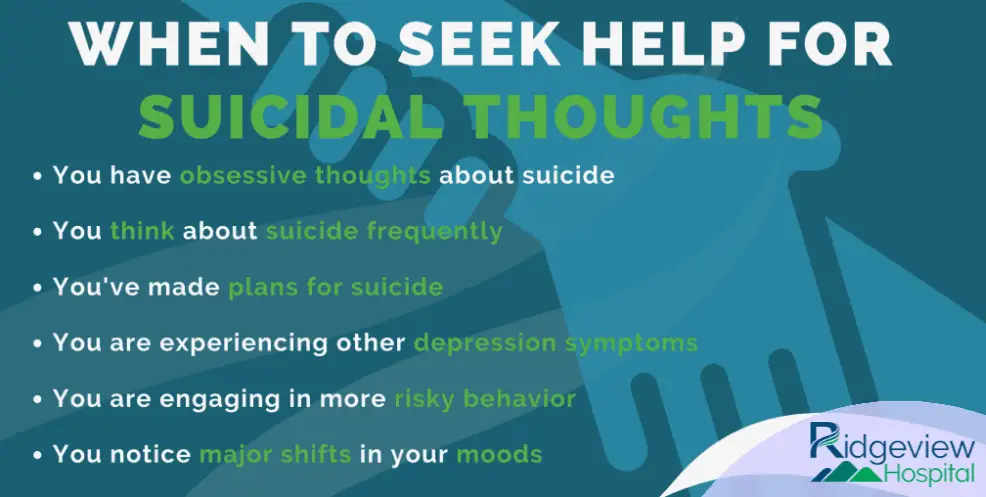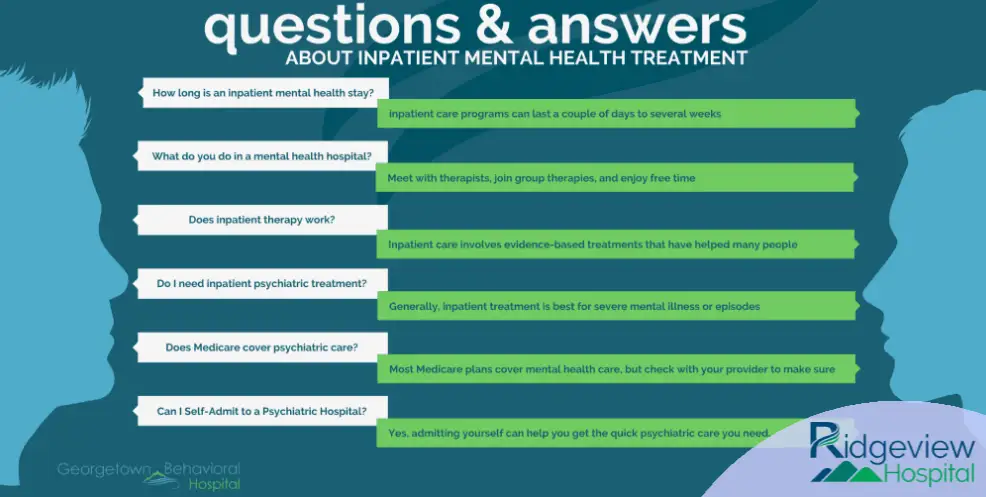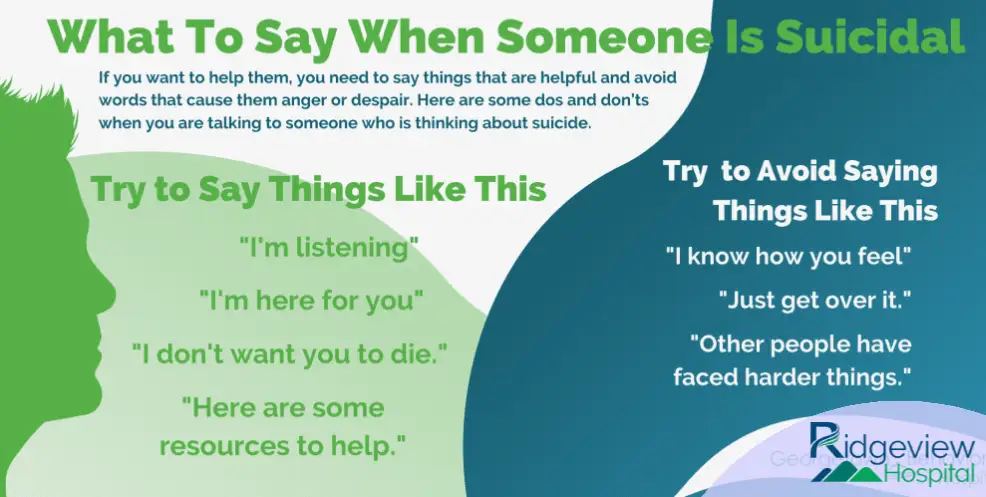Alcohol cessation isn’t as easy as you might think, especially if you’ve been drinking excessively or using alcohol to cope. When you become reliant on a substance, it’s hard to give it up. And it doesn’t help that quitting something that makes you feel good initially comes with some pretty painful side effects. Nor does it help that alcohol is legal and widely available and is one of the world’s most widely used psychoactive substances.
Why Does Alcohol Cessation Cause Withdrawal?

When you consistently consume alcohol, your body starts recognizing its presence and adjusting to compensate for the effects. Alcohol attaches to receptors for a neurotransmitter called gamma-aminobutyric acid (GABA), which is what makes you feel calm and sedate. In addition to making you feel relaxed, drinking alcohol also usually invokes feelings of pleasure by releasing a neurotransmitter chemical called dopamine.
Dopamine is a chemical in the brain associated with feelings of happiness, and when the thing that gives you pleasure gets taken away, that’s when your mind and body start to retaliate. So when someone who has become heavily reliant on alcohol suddenly stops drinking, they will experience withdrawal. And the repercussions of alcohol cessation range from mild symptoms to unbearable ones. In fact, alcohol withdrawal symptoms are often more severe and dangerous than opioid withdrawal, which makes it nearly impossible to quit.
Some common withdrawal symptoms include:
- Nausea and vomiting
- Headaches
- Fever
- Shaking
- Anxiety
- Insomnia
- Seizures
- Delirium tremens
- Hallucinations
It’s normal for cravings to become so intense during alcohol cessation that people often have difficulty staying sober, especially in a home environment. That is because alcohol withdrawal syndrome can feel life-threatening.
Alcohol Withdrawal Syndrome
Alcohol withdrawal syndrome (AWS) is a condition that happens after alcohol cessation in patients suffering from alcohol use disorders (AUDs). AWS is named for the symptoms that are brought on when a habitual drinker reduces their alcohol intake or ceases drinking entirely. Those experiencing AWS can expect to feel a combination of emotional and physical symptoms that range from moderate anxiety, nausea, and fatigue to more debilitating ones such as seizures, hallucinations, and suicidal thoughts.
AWS symptoms can take hours or days after your last alcoholic drink to appear and usually includes one or more of the following:
- Insomnia
- Tremors
- Increased heart rate
- Sweating
- Irritability
- Confusion
AWS symptoms tend to worsen around days two and three and can be so excruciating that most people return to drinking because they are afraid for their life. But with an alcohol detox in Ohio, you can safely undergo alcohol cessation without risking your health or wellbeing.
Alcohol Cessation Treatment Programs

If you want to stop drinking but are unsure where to start, Ridgeview Behavioral Hospital offers a detox program that can help you through the challenging stages of your recovery and beyond. Ridgeview Behavioral Hospital is a tranquil, pleasant rehabilitation facility where you have the opportunity to work through your everyday triggers.
At-Home Alcohol Cessation
Detoxing at home can sound tempting, like an easier way to quit drinking. But many individuals find the at-home alcohol cessation process to be extremely difficult. Willpower alone isn’t always enough to quit drinking because your brain’s neurotransmitters are working against you even though you genuinely want to stop.
It is easy to beat yourself up for not being “strong” enough to quit during an at-home detox. But alcohol cessation has little to do with the strength of your resolve when your brain is in a battle where it can’t be sure of what it needs to function. Your unwavering desire to quit is what will help you through this process. But if you feel yourself starting to slip back into negative habits, or if you have been unable to make it past the early stages of alcohol cessation before, it might be time to consider a medically supervised detox.
Medically Supervised Alcohol Cessation
If quitting at home doesn’t seem realistic, you might find the alcohol cessation process easier to manage with the help of medical detox. Detoxing with the assistance of medication is recommended for people who have abused certain substances, such as alcohol, benzodiazepine, and painkillers. Because experiencing withdrawal symptoms can be so intense for some individuals with alcohol dependence, it is advised that the patient seek medical treatment at an accredited medical drug and alcohol detox facility.
Medical detox treatment can help you improve your chances of a successful recovery. Detoxing at a rehab center gives you a safe place with knowledgeable and attentive staff members who will be there to answer any questions you might have about alcohol cessation along the way. A medical professional at Ridgeview Behavioral Hospital will discuss your symptoms of alcohol withdrawal and work with you to create a detoxification plan that promotes long-term recovery.
The type of care you receive might include the following:
- Medication to help with withdrawal symptoms
- Frequent medical visits or check-ins
- Blood pressure and heart rate monitoring
- Proper nutrition to help ease your alcohol detox
Ridgeview Behavioral Hospital has educated staff members, including physicians, nurse practitioners, registered nurses, licensed mental health therapists, licensed chemical dependency therapists, and recreational therapists to help you with alcohol cessation. While you’re here, you also have access to some perks included in our alcohol detox treatment program, such as:
- Client intake evaluation
- Personalized assessment
- Overall physical health evaluation
- Individualized detox program
- Dietary planning
- Individual and group therapy
- Organized physical activity
If you are struggling with severe alcoholism, our inpatient treatment program might be the best course of action for you. When you stay at a rehab facility 24/7, it’s considered inpatient treatment. This type of rehab is also known as inpatient care and can last as long as 45 days. However, the length of your stay will depend on your particular needs.
Dual Diagnosis Treatment
A patient with a substance use disorder and an underlying mental health disorder can participate in our dual diagnosis inpatient program. Ridgeview Behavioral Hospital provides specialized care for individuals suffering from alcohol cessation as well as mental health conditions. Our doctors and nurses work with you to treat any undiagnosed or misdiagnosed mental illnesses that might hinder you from having a full recovery.
The right combination of medication and therapy can modify your behavior and old ways of thinking, so that you don’t fall prey to negative coping mechanisms again. Treating co-occurring mental health issues at our facility helps patients find balance and lead a mentally and physically healthier life.





















